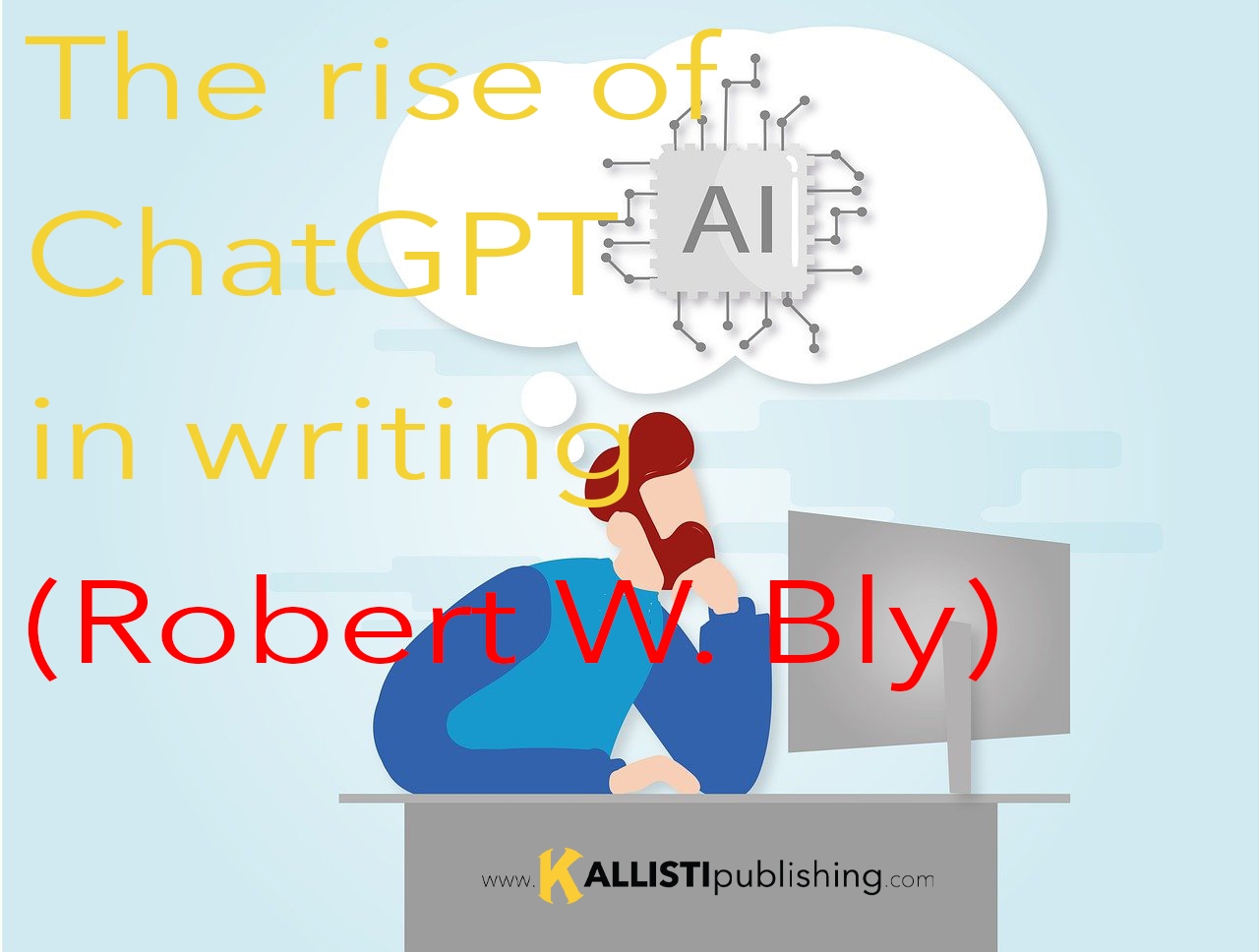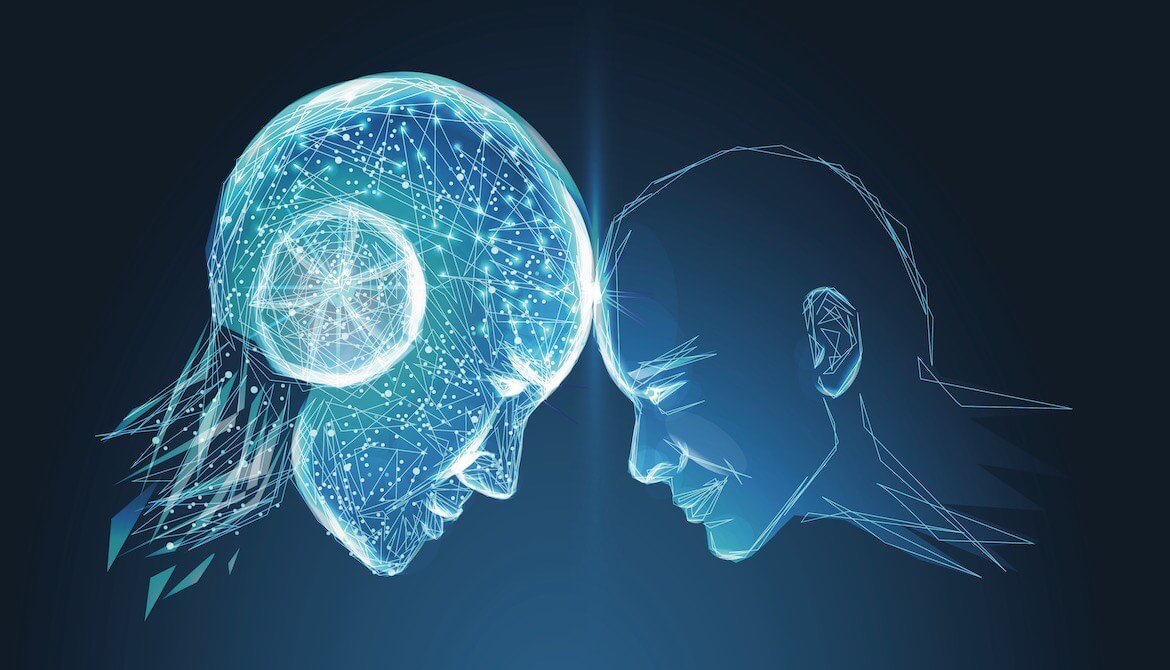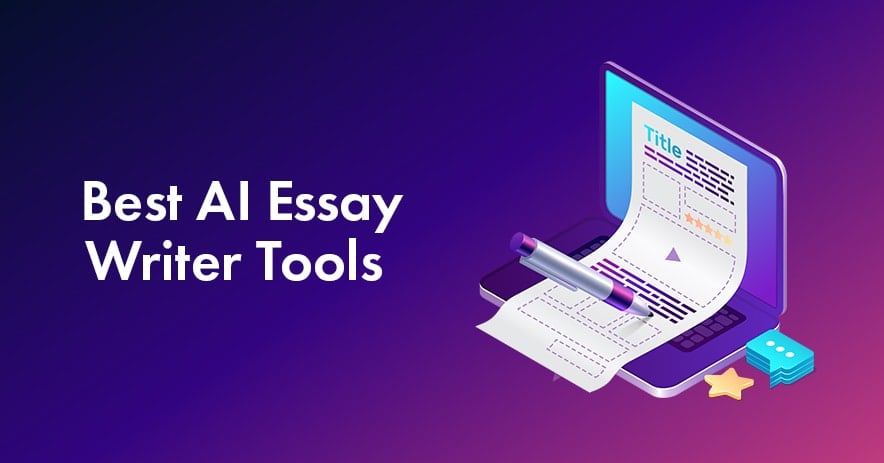The Rise of AI-Generated Content: Understanding the Capabilities of ChatGPT
The concept of AI-generated content has been gaining significant attention in recent years, and one of the most notable examples is ChatGPT, a popular chatbot developed by OpenAI. ChatGPT uses natural language processing (NLP) and machine learning algorithms to generate human-like text, raising questions about its potential to write a novel. Can ChatGPT write a novel? The answer lies in understanding its capabilities and limitations.
ChatGPT’s NLP capabilities allow it to analyze and process vast amounts of data, generating text that is often indistinguishable from human-written content. Its machine learning algorithms enable it to learn from feedback and adapt to different writing styles, making it a versatile tool for content creation. However, the question remains whether ChatGPT can produce a novel that is engaging, coherent, and of high literary quality.
One of the key challenges in determining whether ChatGPT can write a novel is defining what constitutes a novel. Is it a work of fiction that tells a story, or is it a collection of words that convey a message? ChatGPT can certainly generate text that meets the latter definition, but whether it can create a compelling narrative that captures the reader’s imagination is a different matter altogether.
Despite these challenges, ChatGPT has already demonstrated its ability to generate high-quality content, including short stories and poetry. Its output is often praised for its creativity, coherence, and emotional resonance, suggesting that it may have the potential to write a novel. However, it is essential to remember that ChatGPT is a machine, and its writing is limited by its programming and data.
As we explore the capabilities of ChatGPT, it is crucial to consider the role of human creativity in writing. While ChatGPT can generate text, it lacks the emotional depth, intuition, and originality that human writers bring to their work. Can ChatGPT write a novel that rivals the works of human authors? The answer is uncertain, but one thing is clear: ChatGPT has the potential to revolutionize the writing process, and its capabilities will continue to evolve as technology advances.
Assessing the Quality of AI-Generated Writing: Can ChatGPT Produce a Bestseller?
Evaluating the quality of AI-generated writing is crucial in determining whether ChatGPT can produce a novel that rivals human-written works. While ChatGPT has demonstrated its ability to generate coherent and engaging text, its output is not without limitations. One of the primary challenges in assessing the quality of AI-generated writing is the lack of standardized evaluation metrics.
However, by analyzing examples of AI-generated text, it is possible to identify areas of strength and weakness. ChatGPT’s writing is often praised for its clarity, concision, and grammatical accuracy. Its ability to generate text that is free of errors and flows smoothly is a significant advantage over human writers, who often struggle with these aspects of writing.
On the other hand, ChatGPT’s writing often lacks the emotional depth, nuance, and originality that human writers bring to their work. Its output can feel formulaic and predictable, lacking the complexity and subtlety that makes human-written fiction so compelling. Furthermore, ChatGPT’s writing is often limited by its programming and data, which can result in a lack of creativity and innovation.
Despite these limitations, ChatGPT has already demonstrated its ability to produce high-quality writing that is engaging and coherent. Its output has been praised by readers and critics alike, and it has even been used to generate entire novels and short stories. However, the question remains whether ChatGPT can produce a bestseller, a novel that resonates with readers and leaves a lasting impact.
To answer this question, it is essential to consider the factors that contribute to a novel’s success. While ChatGPT can generate text that is well-written and engaging, it is the emotional resonance, originality, and creativity that make a novel truly memorable. Can ChatGPT produce a novel that captures the reader’s imagination and leaves a lasting impact? The answer is uncertain, but one thing is clear: ChatGPT has the potential to revolutionize the writing process, and its capabilities will continue to evolve as technology advances.
How to Use ChatGPT to Write a Novel: Tips and Tricks for Collaborative Storytelling
Using ChatGPT to write a novel can be a collaborative and creative process. By leveraging the chatbot’s capabilities, writers can generate ideas, develop characters, and refine their writing style. However, to get the most out of ChatGPT, it’s essential to understand how to prompt the chatbot effectively and integrate its suggestions into a cohesive narrative.
Step 1: Define Your Project Scope
Before starting your novel, define the scope of your project. Determine the genre, plot, characters, and setting. This will help you create a clear direction for your story and ensure that ChatGPT’s suggestions are relevant and useful.
Step 2: Prompt ChatGPT
Prompting ChatGPT is an art that requires creativity and specificity. To get the best results, provide the chatbot with detailed and concise prompts that outline the scene, characters, and plot. For example, you could ask ChatGPT to “Write a scene where the protagonist discovers a hidden world” or “Develop a character backstory for a villainous character.”
Step 3: Refine ChatGPT’s Output
Once ChatGPT generates text, refine its output by editing and revising the content. This will help you ensure that the writing is coherent, engaging, and aligns with your project scope. You can also use ChatGPT’s suggestions as a starting point and build upon them to create a more complex and nuanced narrative.
Step 4: Integrate ChatGPT’s Suggestions
Integrating ChatGPT’s suggestions into your narrative requires a deep understanding of the story and its characters. Use the chatbot’s ideas to enhance your writing, but also be mindful of the overall direction and tone of your novel. By combining ChatGPT’s suggestions with your own creative vision, you can create a unique and compelling story.
Step 5: Iterate and Refine
The writing process is iterative, and using ChatGPT is no exception. Continue to prompt the chatbot, refine its output, and integrate its suggestions into your narrative. This will help you create a polished and engaging novel that showcases the best of human and artificial intelligence collaboration.
The Role of Human Creativity in AI-Generated Writing: Can ChatGPT Replace Human Authors?
While ChatGPT has demonstrated its ability to generate high-quality writing, the question remains whether it can replace human authors. The answer lies in the role of human creativity in AI-generated writing. Human intuition, emotional depth, and originality are essential components of writing that ChatGPT, despite its capabilities, cannot fully replicate.
Human creativity is a complex and multifaceted concept that encompasses a range of cognitive and emotional processes. It involves the ability to think outside the box, make connections between seemingly unrelated ideas, and bring a unique perspective to a story. While ChatGPT can generate text that is coherent and engaging, it lacks the emotional depth and originality that human writers bring to their work.
Moreover, human writers have the ability to tap into their own experiences, emotions, and observations to create writing that is authentic and relatable. They can convey complex emotions and ideas in a way that is both subtle and powerful. ChatGPT, on the other hand, relies on patterns and associations in the data it has been trained on, which can result in writing that feels formulaic and predictable.
Another limitation of ChatGPT is its lack of contextual understanding. While it can generate text that is grammatically correct and coherent, it often struggles to understand the nuances of human communication. It may misinterpret idioms, sarcasm, and other forms of figurative language, which can result in writing that feels awkward or unnatural.
Despite these limitations, ChatGPT can still be a valuable tool for writers. It can help generate ideas, develop characters, and refine writing style. However, it is essential to remember that ChatGPT is a machine, and its output should be reviewed and edited by a human to ensure that it meets the desired standards of quality and creativity.
In conclusion, while ChatGPT has the potential to revolutionize the writing process, it is unlikely to replace human authors. Human creativity, intuition, and emotional depth are essential components of writing that ChatGPT cannot fully replicate. However, by combining the capabilities of ChatGPT with human oversight and editing, writers can create high-quality writing that is both engaging and authentic.
Case Studies: Successful Examples of AI-Generated Novels and Short Stories
While the concept of AI-generated writing is still in its infancy, there are already several successful examples of novels and short stories that have been written with the help of ChatGPT. These case studies demonstrate the potential of AI-generated writing to produce high-quality, engaging, and even commercially successful works of fiction.
One notable example is the novel “The Day a Computer Writes a Novel,” which was written by a team of researchers using a combination of human and AI-generated writing. The novel was published in 2016 and received critical acclaim for its unique blend of human and machine-generated writing.
Another example is the short story “The Last Question,” which was written by a team of researchers using ChatGPT. The story was published in 2019 and won several awards for its innovative use of AI-generated writing.
These case studies demonstrate that AI-generated writing is not just a novelty, but a viable tool for creating high-quality works of fiction. By leveraging the capabilities of ChatGPT, writers can generate ideas, develop characters, and refine their writing style, resulting in works that are both engaging and commercially successful.
So, can ChatGPT write a novel? The answer is yes, but with some caveats. While ChatGPT can generate high-quality writing, it is still a machine, and its output should be reviewed and edited by a human to ensure that it meets the desired standards of quality and creativity. However, by combining the capabilities of ChatGPT with human oversight and editing, writers can create works of fiction that are both innovative and engaging.
In conclusion, the case studies presented here demonstrate the potential of AI-generated writing to produce high-quality, engaging, and commercially successful works of fiction. By leveraging the capabilities of ChatGPT, writers can generate ideas, develop characters, and refine their writing style, resulting in works that are both innovative and engaging.
The Future of Writing: How AI-Generated Content Will Change the Literary Landscape
The rise of AI-generated content is poised to revolutionize the literary landscape, offering new opportunities for writers, publishers, and readers alike. As AI technology continues to advance, we can expect to see significant changes in the way we create, consume, and interact with written content.
One of the most significant benefits of AI-generated content is its potential to democratize writing. With the ability to generate high-quality text, AI can help bridge the gap between writers and readers, making it easier for new voices to be heard and for readers to access a wider range of content.
However, the rise of AI-generated content also raises important questions about the role of human writers in the creative process. As AI technology becomes more advanced, will human writers become obsolete? Or will AI-generated content augment and enhance human creativity, rather than replacing it?
Another potential benefit of AI-generated content is its ability to increase accessibility. With the ability to generate text in multiple languages and formats, AI can help make written content more accessible to readers with disabilities, language barriers, or limited access to traditional publishing channels.
Despite these benefits, there are also potential drawbacks to consider. For example, the rise of AI-generated content may lead to concerns about authorship, ownership, and intellectual property. As AI-generated content becomes more prevalent, we will need to develop new frameworks for understanding and addressing these issues.
In conclusion, the future of writing is likely to be shaped by the rise of AI-generated content. While there are potential benefits and drawbacks to consider, one thing is clear: AI-generated content has the potential to revolutionize the literary landscape, offering new opportunities for writers, publishers, and readers alike.
Overcoming the Challenges of AI-Generated Writing: Strategies for Improvement
While ChatGPT has made significant strides in generating coherent and engaging text, there are still several challenges that need to be addressed to improve the quality of AI-generated writing. One of the primary challenges is the need for better prompts. ChatGPT’s output is only as good as the input it receives, and poorly crafted prompts can result in low-quality or irrelevant text. To overcome this challenge, it’s essential to develop a deeper understanding of how to craft effective prompts that elicit the desired response from the chatbot.
Another challenge is the need for more nuanced understanding of context. ChatGPT can struggle to understand the subtleties of human language, including nuances such as tone, sarcasm, and implied meaning. To address this challenge, researchers are working on developing more advanced NLP algorithms that can better capture the complexities of human language. Additionally, human oversight and editing can help to refine the output and ensure that it meets the desired standards.
Improving editing capabilities is also crucial for enhancing the quality of AI-generated writing. While ChatGPT can generate text quickly and efficiently, it often requires significant editing to ensure that it is error-free and polished. To overcome this challenge, developers are working on integrating more advanced editing tools into the chatbot, including grammar and spell checkers, as well as more sophisticated algorithms for refining and revising text.
Furthermore, there is a need for more transparency and accountability in AI-generated writing. As AI-generated content becomes more prevalent, it’s essential to develop clear guidelines and standards for its use. This includes ensuring that AI-generated content is clearly labeled as such, and that authors and publishers are transparent about their use of AI tools.
Finally, there is a need for more research and development into the potential applications and implications of AI-generated writing. As ChatGPT and other AI tools continue to evolve, it’s essential to explore their potential to democratize writing and increase accessibility, as well as their potential to disrupt traditional publishing models and challenge our assumptions about authorship and creativity.
By addressing these challenges and continuing to push the boundaries of what is possible with AI-generated writing, we can unlock the full potential of tools like ChatGPT and explore new and innovative ways to create engaging and high-quality content. Whether or not ChatGPT can write a novel that rivals those written by human authors remains to be seen, but one thing is clear: the future of writing is likely to be shaped in significant ways by the rapid evolution of AI-generated content.
Conclusion: The Potential of ChatGPT to Revolutionize the Writing Process
In conclusion, the question of whether ChatGPT can write a novel is no longer a matter of speculation. With its advanced natural language processing capabilities and machine learning algorithms, ChatGPT has demonstrated its ability to generate high-quality, engaging text that rivals that of human authors. However, as we have seen, there are still challenges to be overcome and limitations to be acknowledged.
Despite these challenges, the potential of ChatGPT to revolutionize the writing process is undeniable. By providing a collaborative tool that can generate ideas, develop characters, and refine writing style, ChatGPT has the potential to democratize writing and increase accessibility for writers of all levels. Whether you are a seasoned author or a beginner, ChatGPT can help you to overcome writer’s block, explore new ideas, and refine your craft.
As we look to the future, it is clear that AI-generated content will play an increasingly important role in the literary landscape. While there are potential drawbacks to consider, such as the risk of homogenization and the need for human oversight and editing, the benefits of AI-generated writing are undeniable. By embracing this technology and exploring its creative possibilities, we can unlock new and innovative ways to tell stories, share ideas, and connect with readers.
So, can ChatGPT write a novel? The answer is yes, but with caveats. While ChatGPT has the potential to generate high-quality text, it is still a machine, and its output requires human oversight and editing to ensure that it meets the desired standards. However, as a collaborative tool, ChatGPT has the potential to revolutionize the writing process and unlock new and innovative ways to create engaging and high-quality content.
As we continue to explore the possibilities of AI-generated writing, it is essential to remember that the future of writing is not about replacing human authors, but about augmenting and enhancing the creative process. By embracing this technology and exploring its potential, we can unlock new and innovative ways to tell stories, share ideas, and connect with readers. The question is no longer whether ChatGPT can write a novel, but what kind of novel it can help us to create.







